|
Thu, 2021-07-08 Clusters of galaxies formed from the largest cosmological structures; they are the destination of galaxies traveling along the cosmic web, and serve as the best testbed for environmental effects that accelerate galaxy evolution. The Hydra cluster is the larges
|
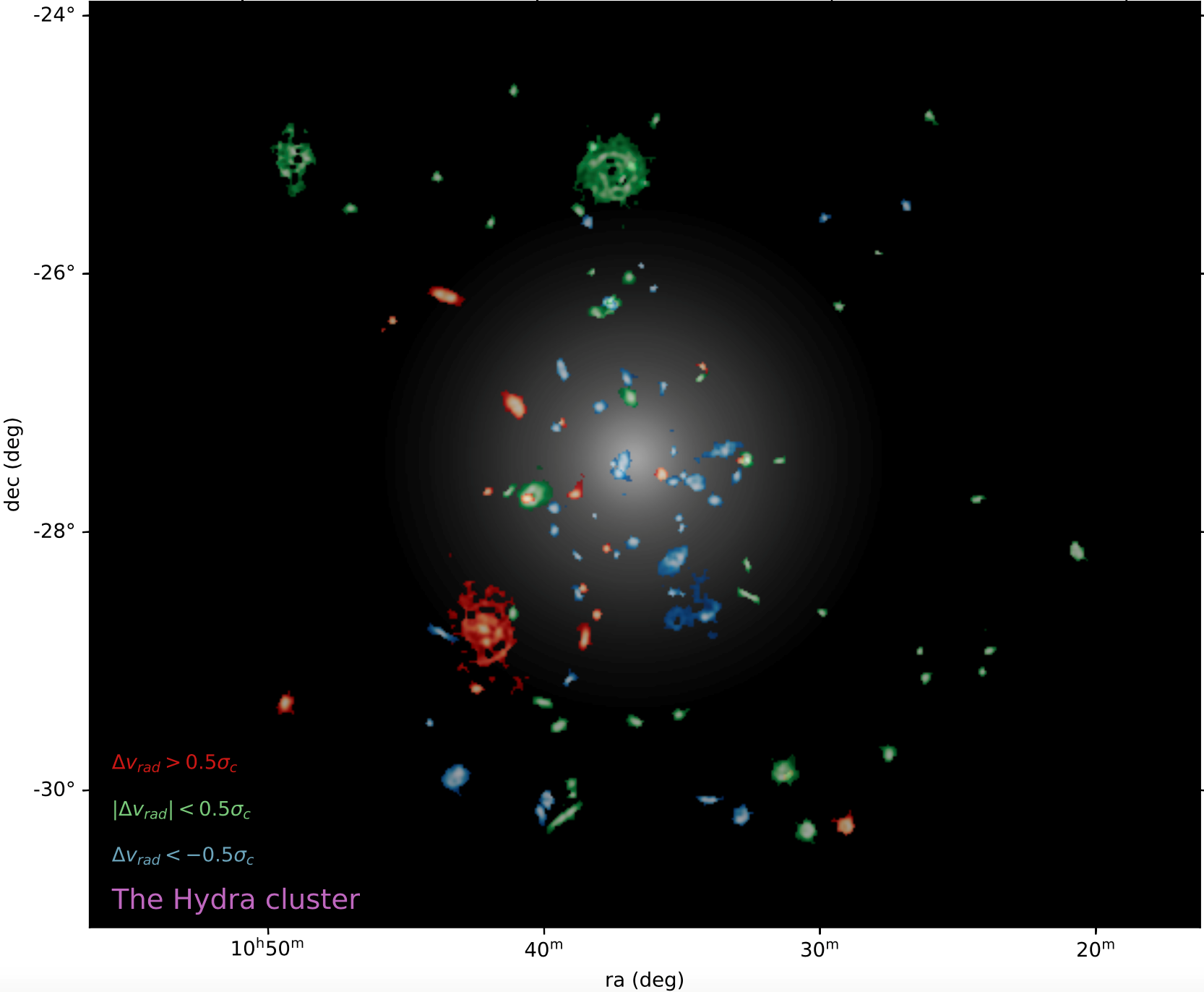 |
|
Thu, 2021-05-20 Dr. Meicun Hou was awarded the China Postdoctoral Foundation Innovative Program; Dr. Haifeng Yang and Dr. Swayamtrupta Panda won 2021 PKU Boya Fellowships.
|
 |
|
Wed, 2021-05-05 Hubble Space Telescope gives astronomers a rare look at a Jupiter-sized, still-forming planet that is feeding off material surrounding a young star.
|
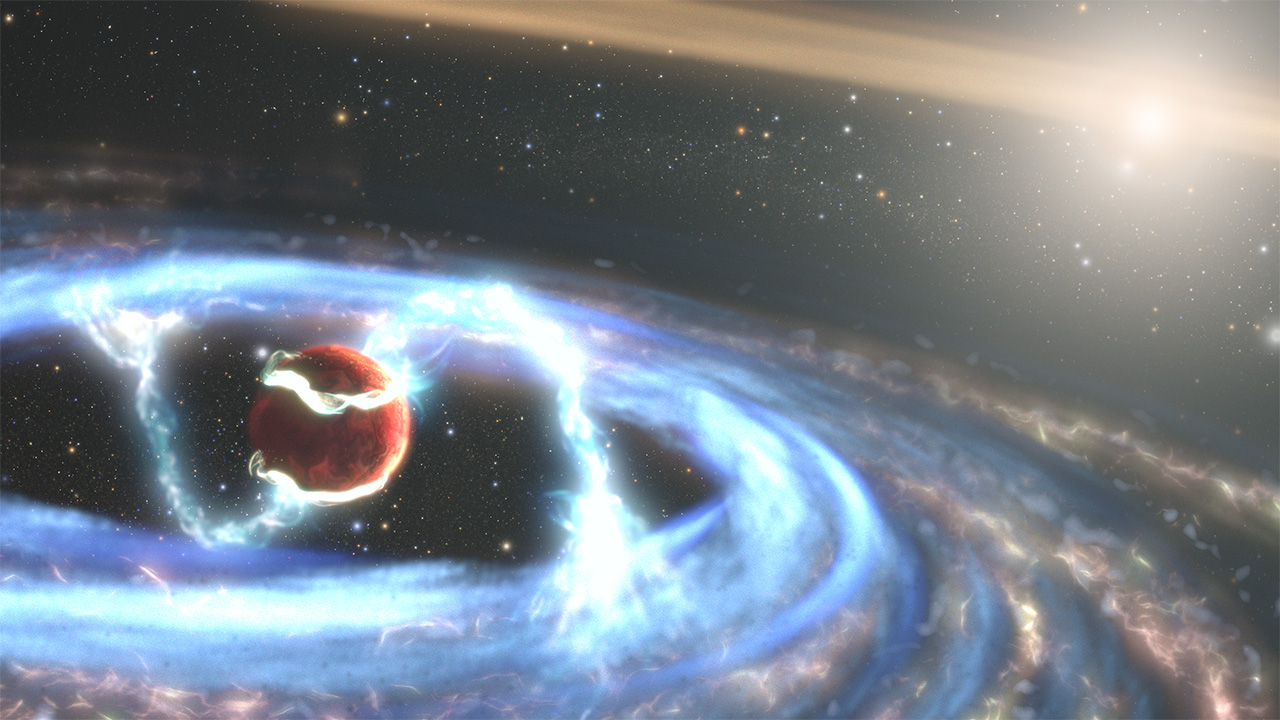 |
|
Fri, 2021-04-02 The discovery of new features of fast radio bursts, as revealed by the FAST radio telescope, was announced as a Top-10 Achievement in Chinese astronomy in 2020.
|
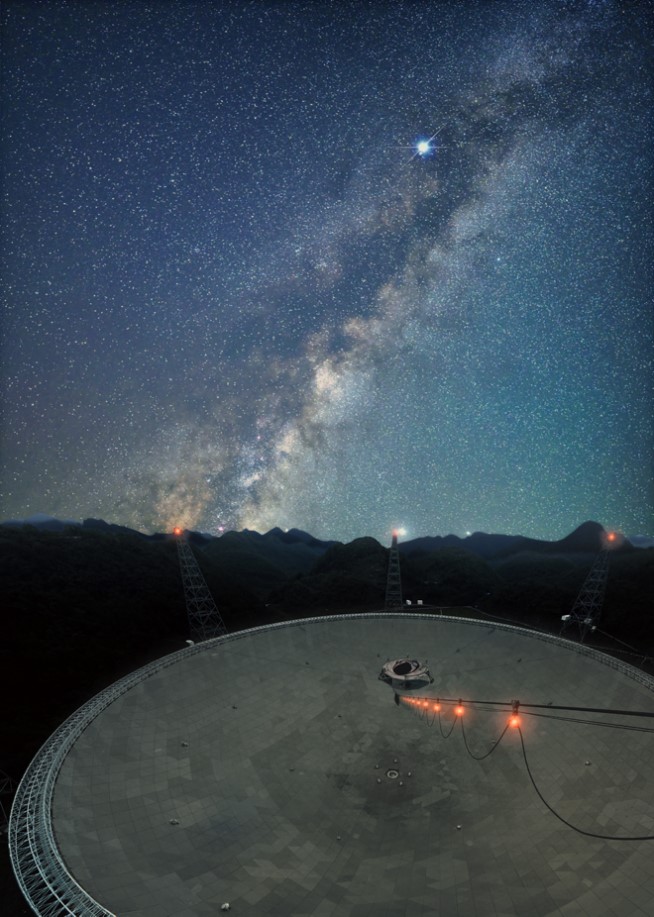 |
|
Thu, 2021-01-14 A team of astronomers led by the University of Arizona has observed a luminous quasar 13.03 billion light-years from Earth – the most distant quasar discovered to date. Two KIAA astronomers, Linhua Jiang and Xue-Bing Wu, joined the research team.
|
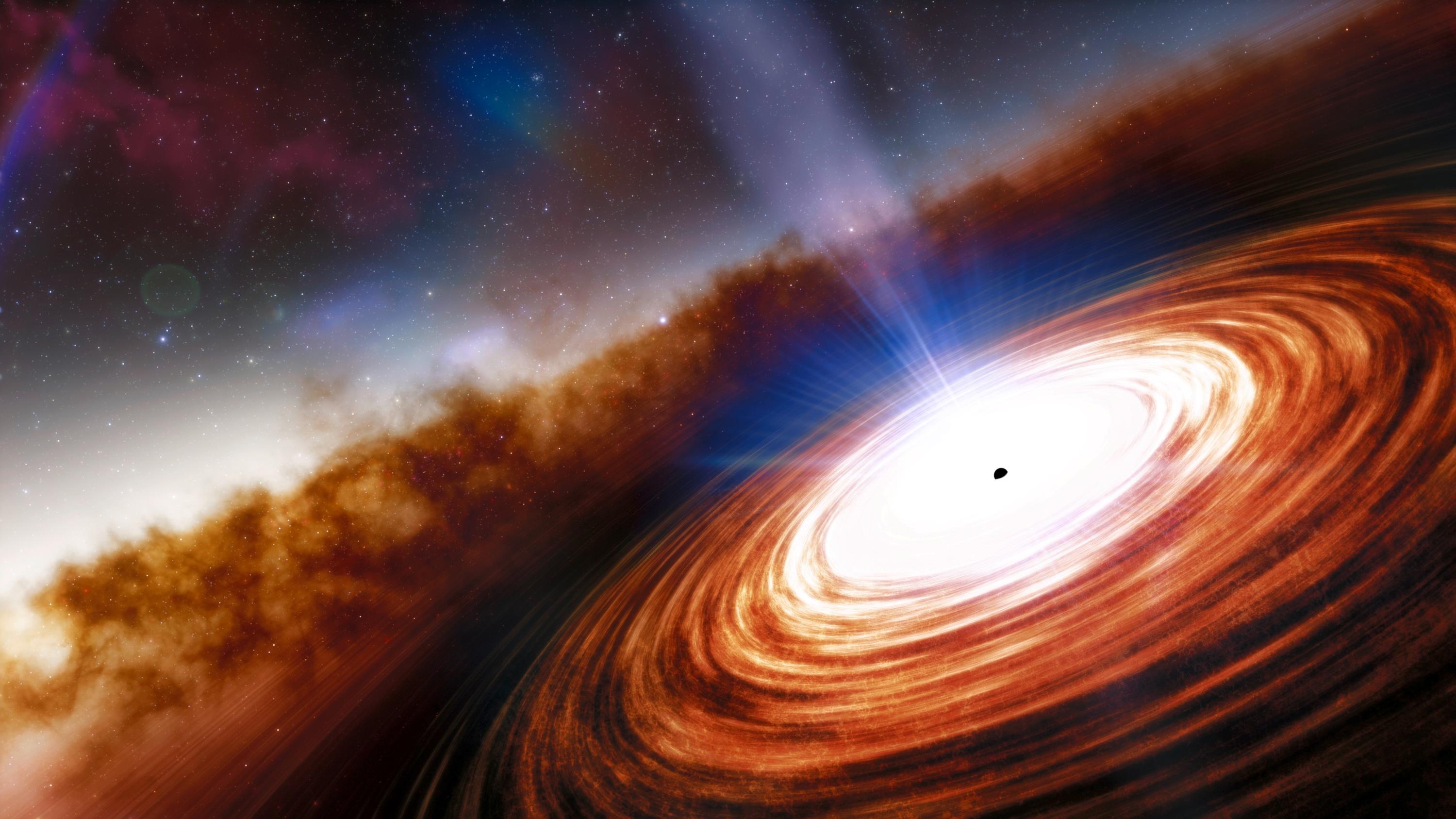 |
|
Tue, 2021-01-05 Luis Ho was invited by the American Astronomical Society (AAS) for an interview with the Senior Lead Editor of the AAS Journals, Prof. Frank Timmes.
|
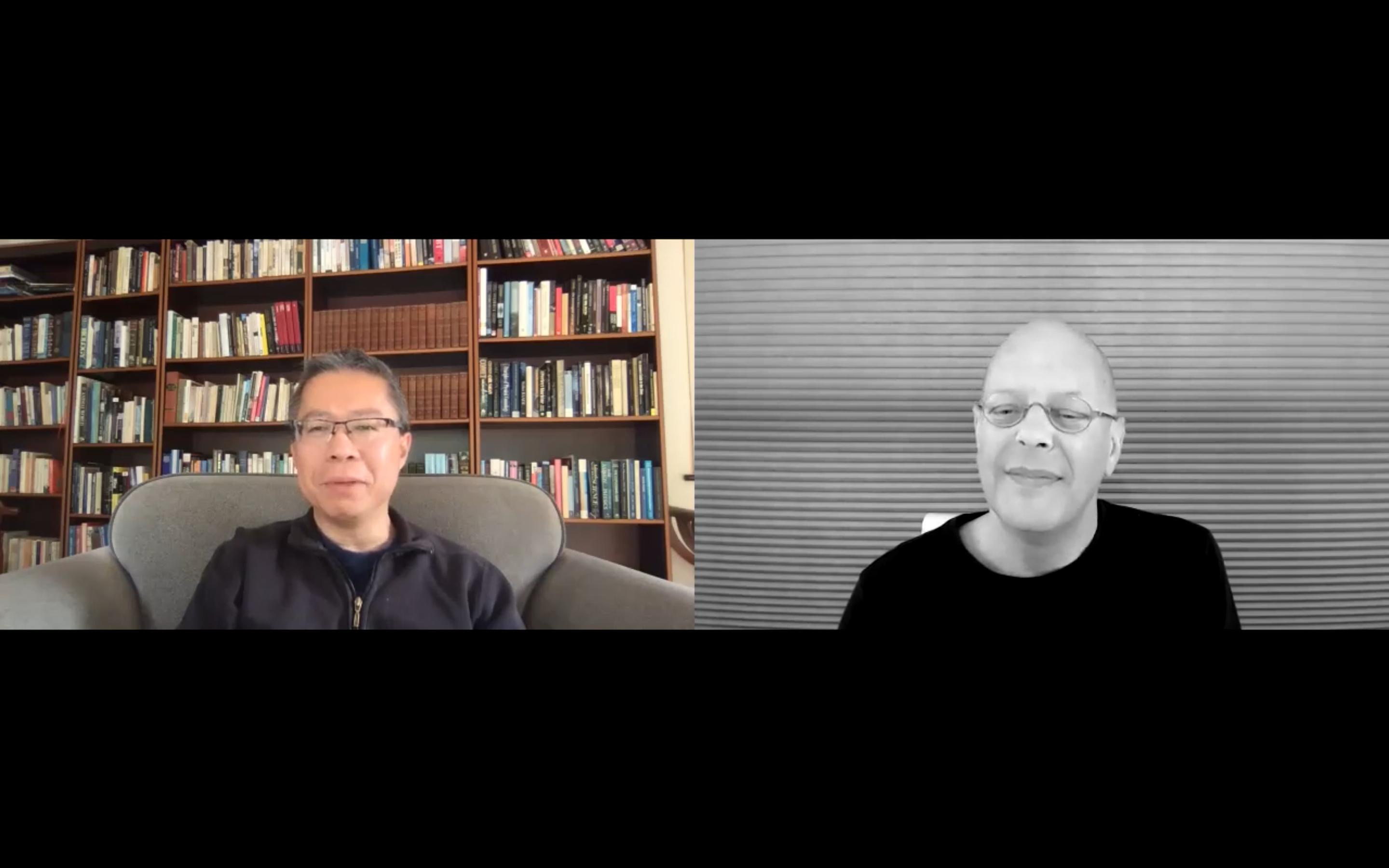 |
|
Wed, 2020-12-23 An international research team of more than 50 astronomers (including KIAA faculty Ke Wang) led by the Max Planck Institute for Radio Astronomy in Bonn, Germany, used the APEX submillimeter telescope at 5100 m altitude in Chile to look deep into the galactic p
|
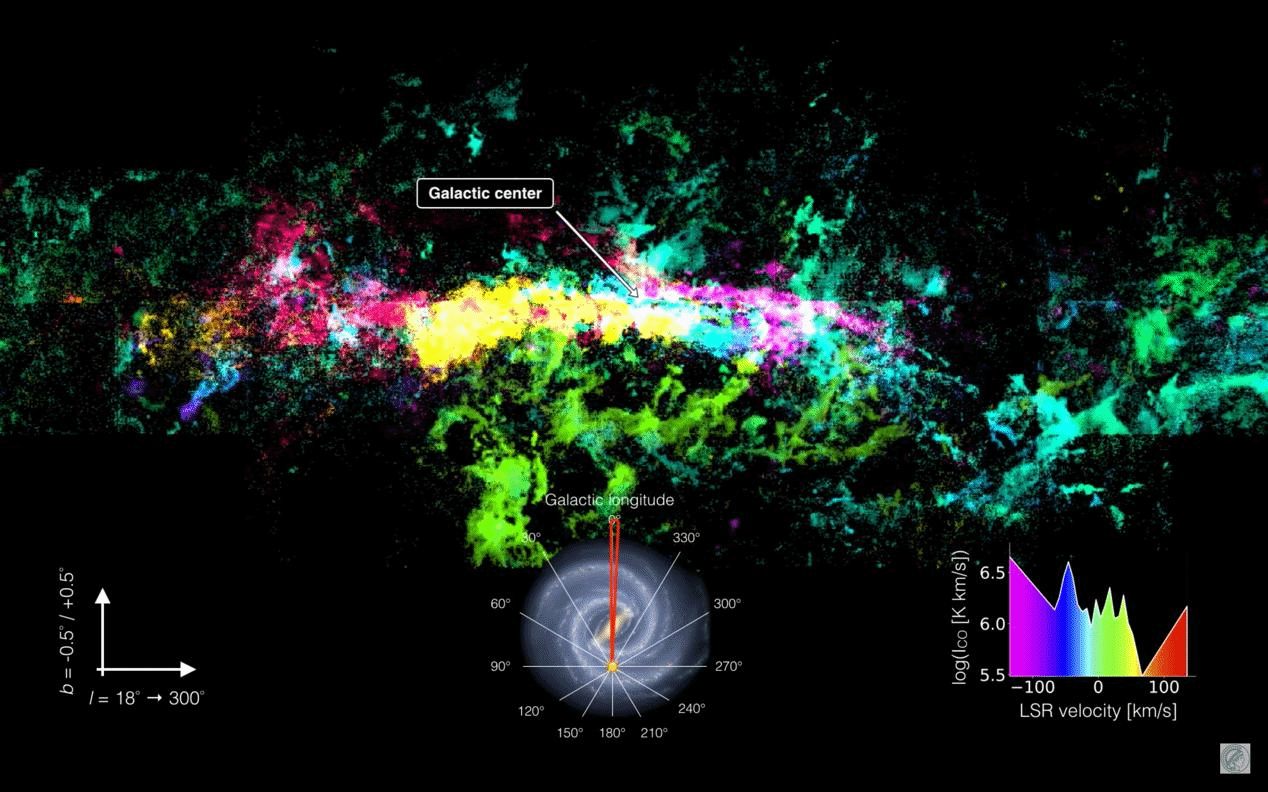 |
|
Tue, 2020-12-15 An international team of astronomers, led by Professor Linhua Jiang at KIAA, obtained near-infrared spectra and successfully measured the redshift of a very faint galaxy 13.4 billion light-years away, the most distant astrophysical object known to date. Meanwh
|
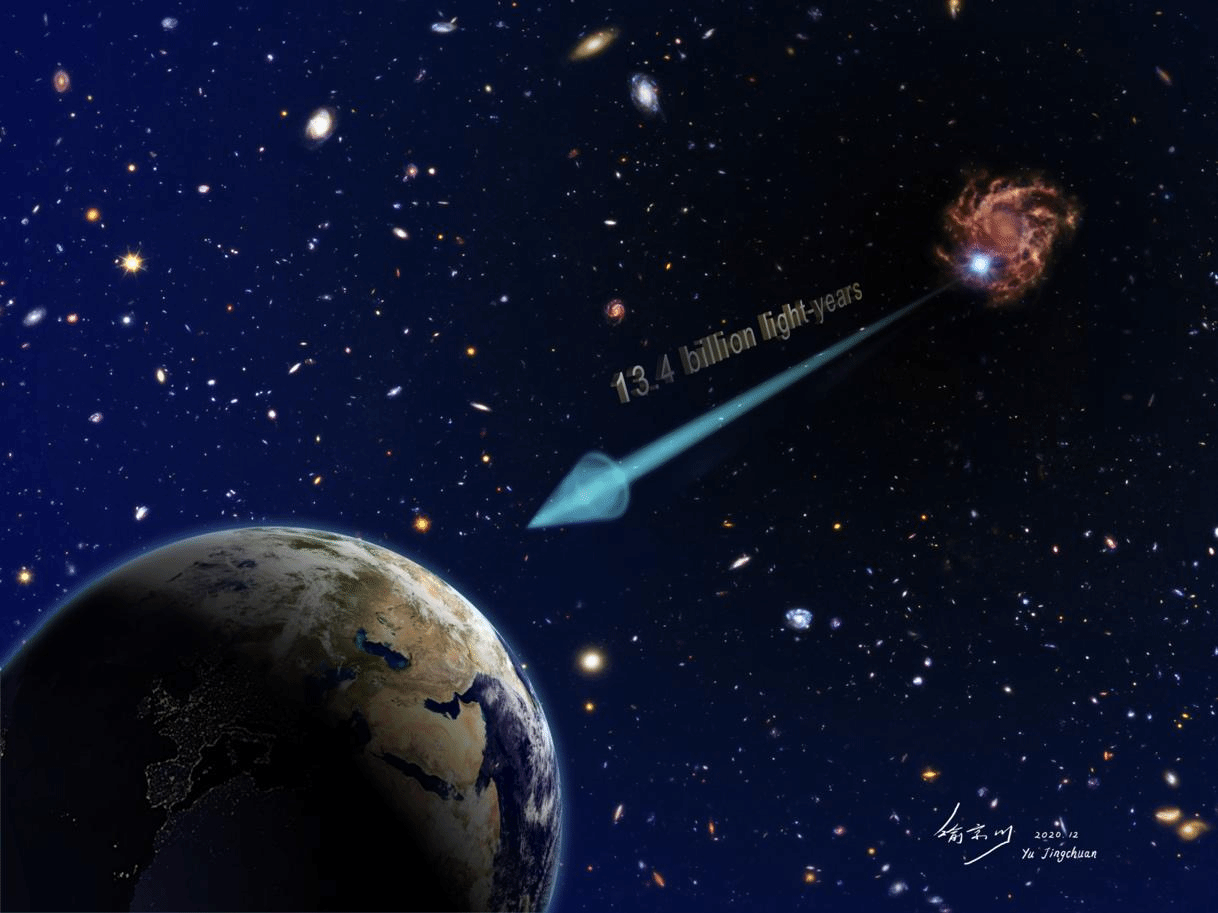 |
|
Tue, 2020-12-15 When a star passing closely enough by a supermassive black hole is disrupted by tidal forces, the stellar debris falls onto the black hole triggering a tidal disruption event (TDE). It is commonly assumed that the accretion disk that forms circularizes effici
|
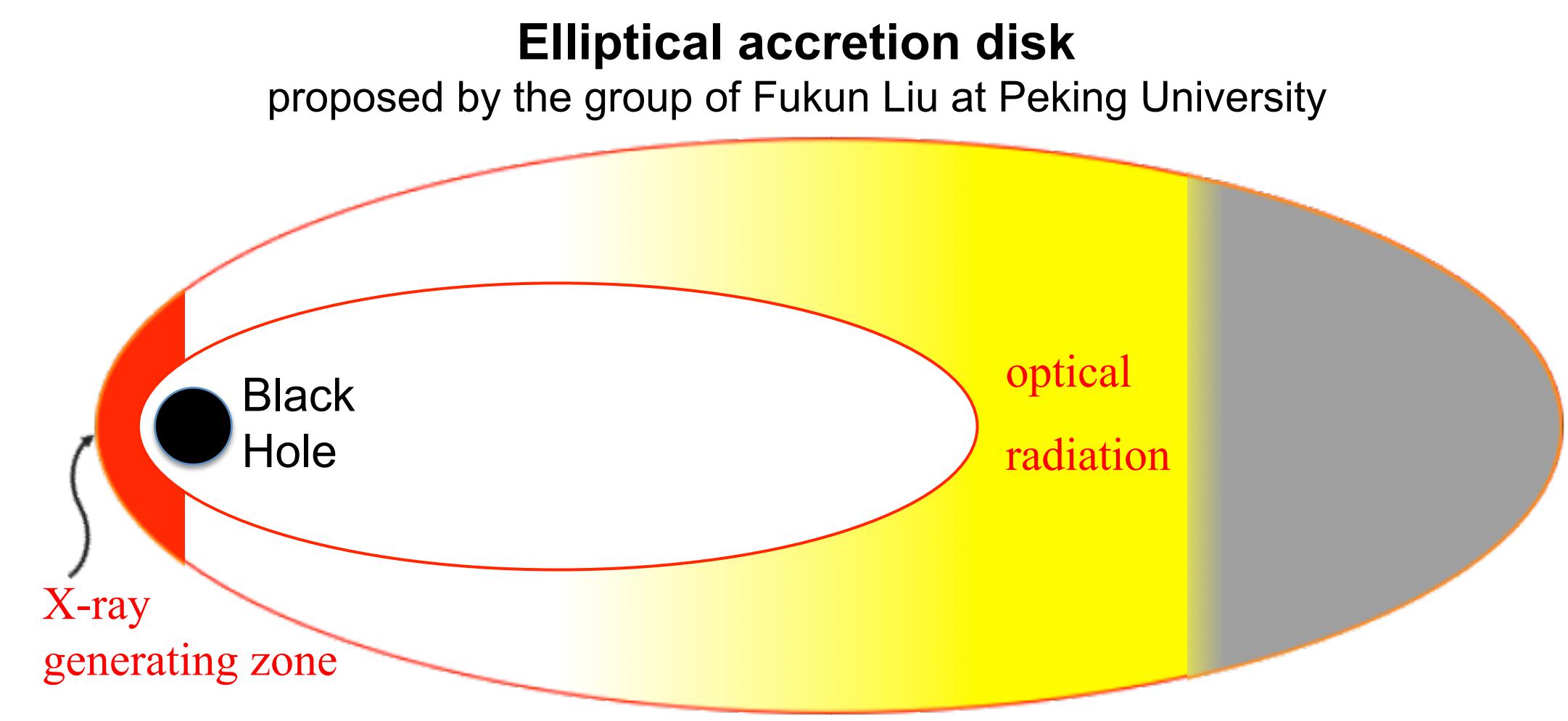 |
|
Fri, 2020-11-27 KIAA postdoc Hassen Yesuf won a PKU Outstanding Postdoc Award while postdoc Rui Xu won a second 2-year PKU Boya Fellowship.
|
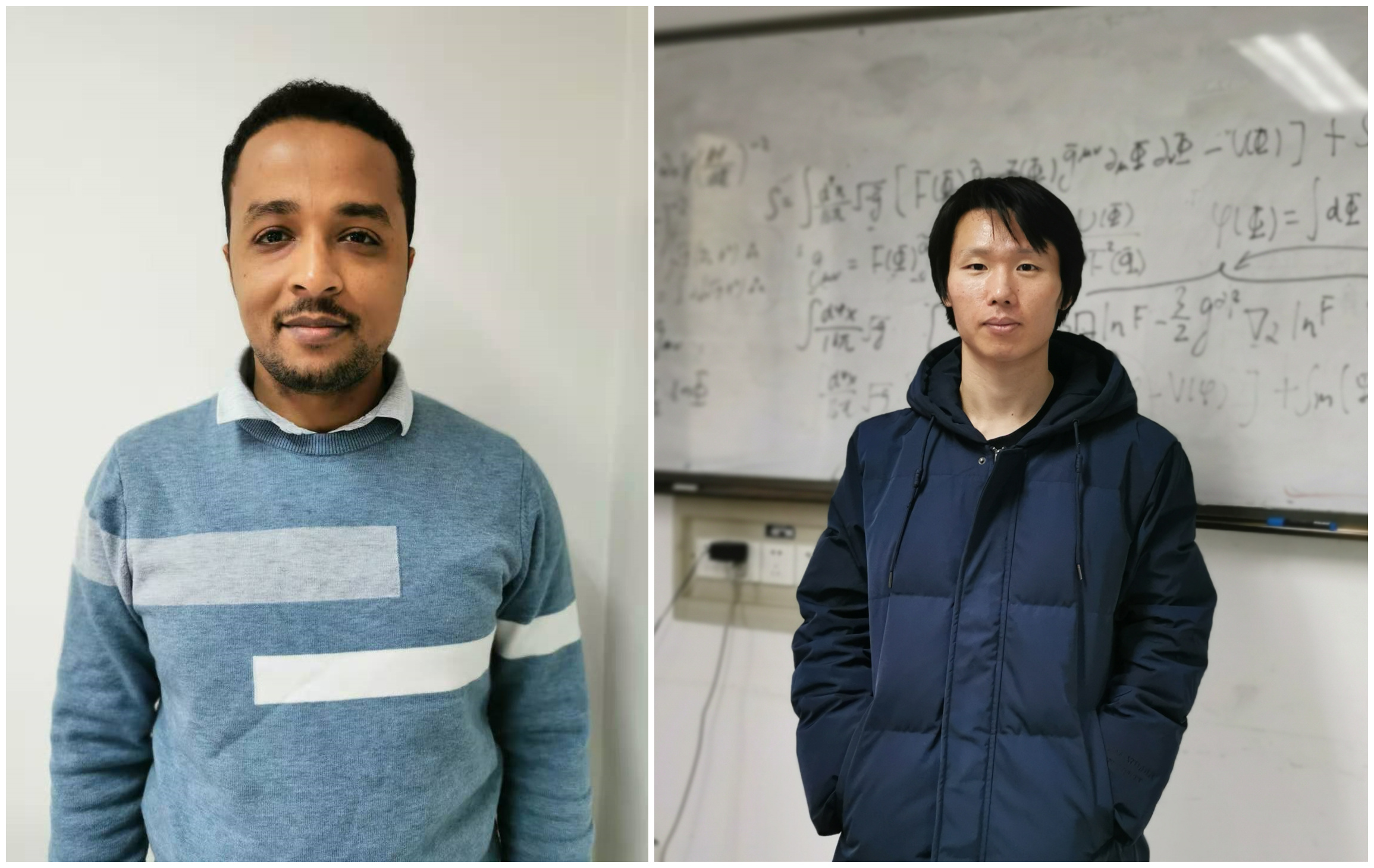 |










